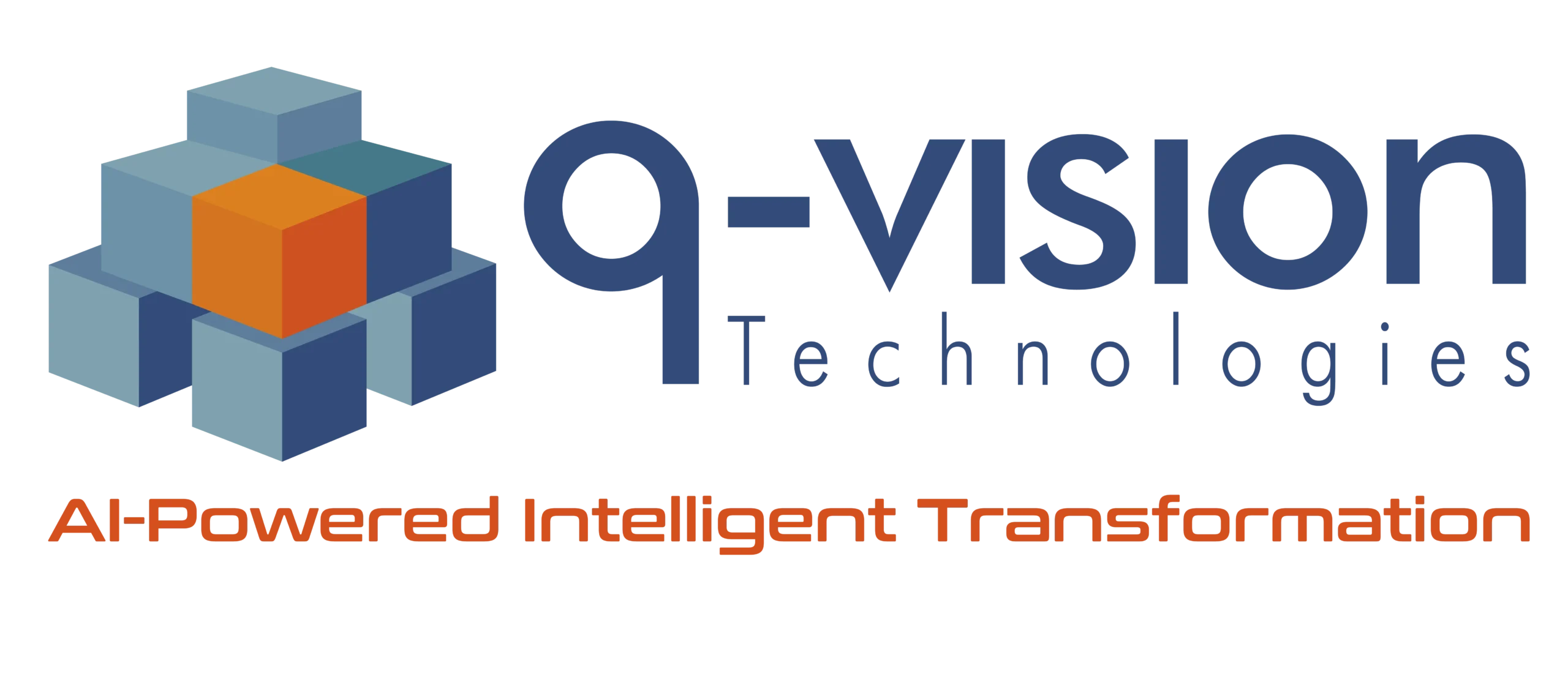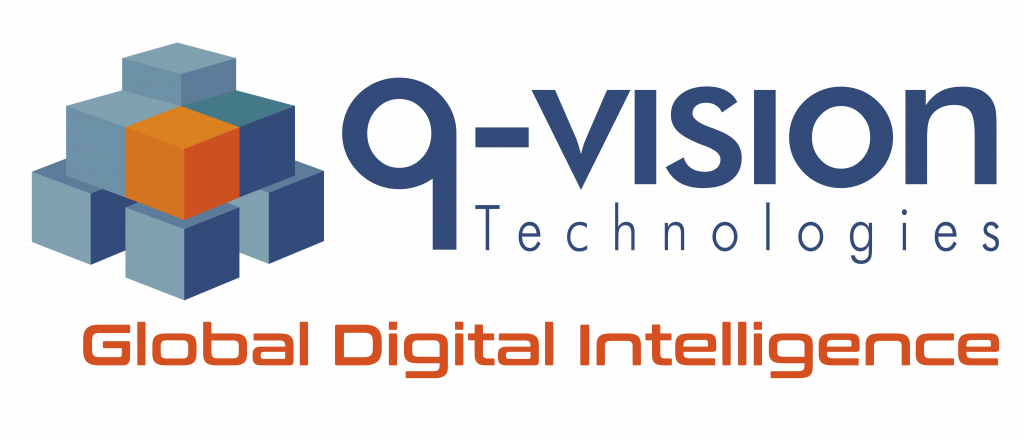Companies like Google DeepMind have begun integrating philosophers, artists, and psychologists into their multidisciplinary teams to ethically enrich their AI models. A similar trend is happening at Stanford, which has implemented a dual academic program combining computer science with art and humanities, preparing future technology leaders with sensitivity and critical judgment.
In Latin America, Colombia is starting to stand out with experiences like IzyAcademy, which proposes new-generation training for an economy where creativity and ethics will be just as relevant as the ability to operate algorithms.
The real challenge today is not for machines to think like us, but for us to open our minds to a future where the human and the artificial collaborate synergistically. Tomorrow's work will be led by professionals capable of interpreting, questioning, and redirecting artificial intelligence toward meaningful purposes.
At Q-Vision Technologies, through IzyAcademy, we are committed to training professionals who don't just use AI, but who enrich it with vision, humanity, and purpose.










